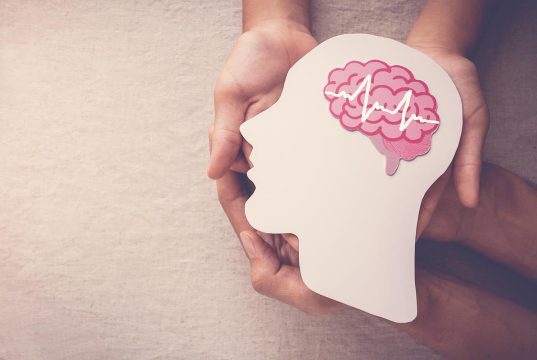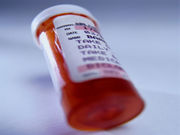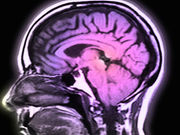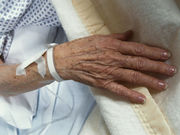Cognitive Function Up With Adherence to Mediterranean Diet
Lower likelihood of poor cognitive performance for those with high adherence to MedDiet, MIND diet
Parkinson’s Patients Deemed at Higher Risk of Melanoma
Researchers urge counsel of patients that if they have one disease, they're at risk of the other
AMA: Doctors Should Make Sure Their Online Info Is Accurate
Speakers in educational session urge caution in online behavior
Radiofrequency Denervation Unlikely to Ease Low Back Pain
Findings do not support use of radiofrequency denervation for chronic low back pain
Market Competition Linked to Change in Generic Drug Prices
Price change of −31.7 percent for quadropoly and 47.4 percent for monopoly
Traumatic Brain Injury May Up Later Risk of Dementia
Threat even higher when injury occurs in middle age, investigators say
Poor Sleep Could Be Modifiable Risk Factor for Alzheimer’s
More research needed to assess effect of modifying sleep on the brain
Concussion Can Increase Risk of Abnormal Menstrual Patterns
Odds of abnormal menstrual bleeding increase six times after serious head injury, researchers say
At-Risk Pain Patients Can Cut Opioid Use With Psychology Tools
Acceptance and commitment therapy found to help reduce chronic opioid use after surgery
Pre-, Post-Op C-Reactive Protein Levels Tied to Delirium
CRP levels linked to incidence, duration, severity of delirium in older adults undergoing noncardiac sx



















